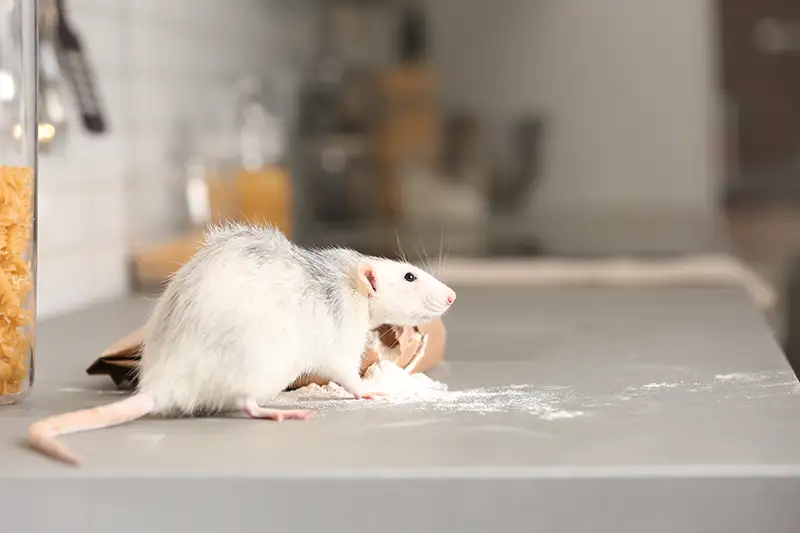Winter is on its way, and as the temperature begins to plummet, you're likely focusing on cozying up in your warm home. But, hold onyou're not the only one seeking shelter from the cold. Unbeknownst to many, the chillier months can lead to increased efforts by pests to invade your warm, welcoming abode. Yes, that's the part of winter nobody talks about much: preventing pest infestations in winter.
While it seems natural to let your guard down as the days grow shorter and temperatures drop, it's crucial to remember that winter doesn't mean the end of pest problems. In fact, as the outdoors become less hospitable, pests will look for refuge indoors. Understanding how to prevent these unwelcome guests from infiltrating your home is essential in safeguarding your space and maintaining a peaceful season.

Why Do Pests Seek Shelter Indoors?
As winter arrives, the most obvious change is the drop in temperature, which is a significant factor in pest behavior. Many pests seek warmth in your home simply to survive. Some pests are drawn to the abundance of food and water supply found in your pantry or kitchen. These attractants not only sustain the pests but also provide a cozy hint of warmth.
For instance, learn more about how poor sealing or gaps in your home can cause pest drownings as explained in Technology for Pest Prevention. Additionally, an unclean environment inside your home could make it an easy breeding ground for pests, something we all want to avoid.
Common Household Pests in Winter
Just because the air is crisp doesn't mean you should lower your pest awareness. Common household pests like rats, mice, cockroaches, and spiders are notorious home invaders during the colder months. These creatures seek warmth and food that is easily accessible within the confines of your home.
Understanding what attracts them will help you in your battle against pests. With the right preventive measures, you can effectively block their entry points and protect your living space from these critters.
Simple Steps to Prevent Pest Infestations
1. **Seal Entry Points:** One of the first steps you should take is to identify any gaps, cracks, or holes in your home's exterior. Properly seal these with caulking or steel wool to eliminate entry points.
2. **Maintain Cleanliness:** Clean your home regularly, paying extra attention to food storage areas. Use airtight containers and clean up food spills immediately.
3. **Monitor Moisture Levels:** Excess moisture can attract pests, especially in basements and attics. Make sure there is adequate ventilation and use dehumidifiers if necessary.
To reinforce these methods effectively, check out detailed Home Pest Prevention Checklist for practical advice.
Professional Help: When to Call the Experts
While DIY methods can temporarily solve minor pest issues, persistent infestations require professional intervention. Pest control experts are trained to identify specific pest problems and their sources, offering targeted treatments that ensure complete eradication.
Explore various DIY pest control strategies for minor invasions. However, understand that persistent issues often signal larger problems requiring expert solutions.

Frequently Asked Questions
How common are pest infestations in winter?
Pest infestations can be quite common during the winter months, primarily due to the pests search for warmth and food within your home.
What are the signs of a pest infestation?
Common signs include droppings, chewed wires or furniture, scratching sounds in walls, and visual sightings of pests themselves.
Are store-bought solutions effective in managing pests?
Store-bought solutions can be effective for minor issues but are often not enough for larger infestations, which usually require professional help.
Conclusively, staying proactive and vigilant is your best defense against preventing pest infestations in winter. Understanding the common types of pests, their habits, and the comprehensive prevention strategies mentioned above can help you enjoy a peaceful, pest-free winter season.
This article contains affiliate links. We may earn a commission at no extra cost to you.
